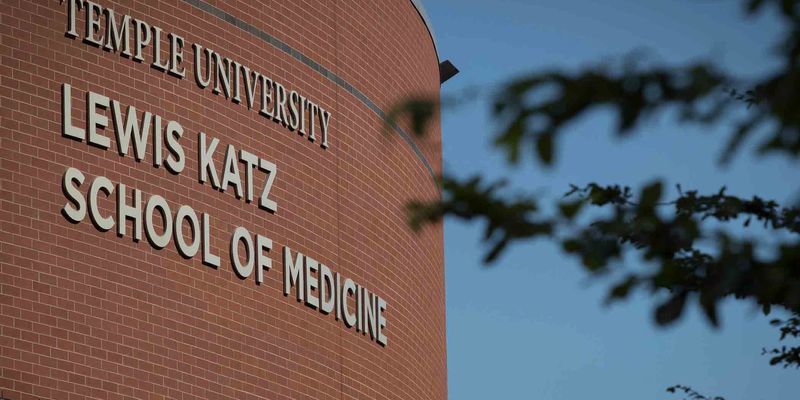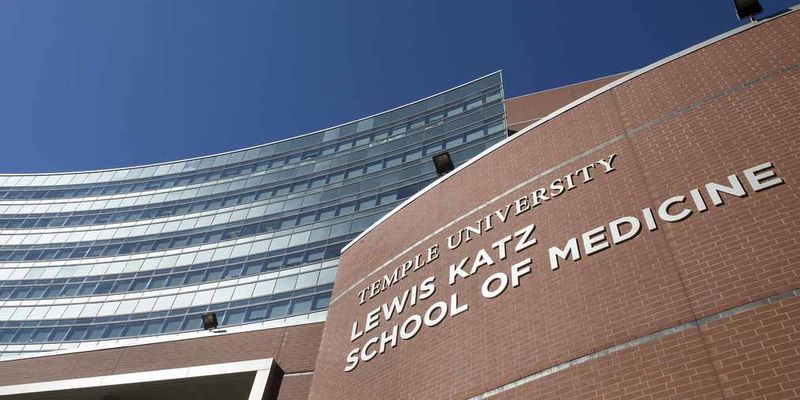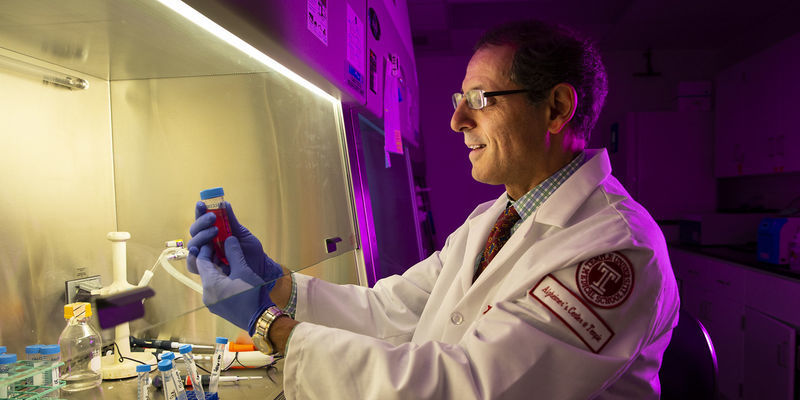Temple PhD students receive prestigious F31 research grants
Over the summer, three promising doctoral students began their Ruth L. Kirschstein National Institutes of Health research fellowships. They will be mentored by faculty sponsors while conducting their research in health-related fields.
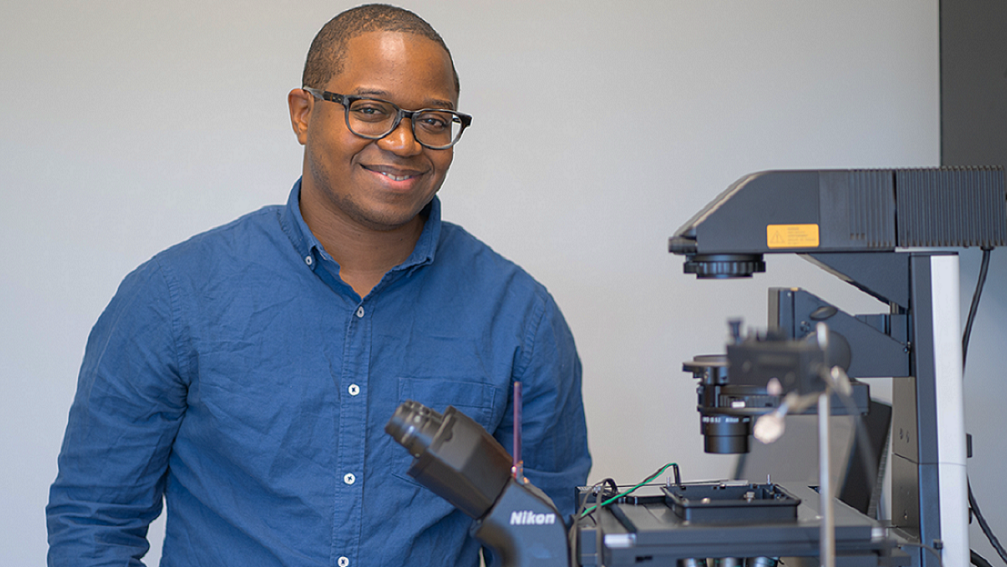
The Ruth L. Kirschstein National Research Service Award has been presented to three Temple University doctoral students, who began their research fellowships this past summer. Nationally, fewer than 20% of students who apply receive the award.
The fellowships will last two to three years, during which the students will be mentored by accomplished faculty members as they conduct their research. Each awardee is from a different discipline and concentrating on a specific health-related topic.
Learning more about a life-threatening condition
A PhD student in bioengineering at the College of Engineering, Jordan Langston, ENG ’20, has been examining how sepsis develops in organs and how proteins affect the condition’s progression. His main focus is understanding how white blood cells interact with the layer of cells lining our blood and lymphatic vessels, and how this interaction is affected by inflammatory conditions.
Langston has been working under the mentorship of his advisor Mohammad Kiani, a professor in the departments of bioengineering, mechanical engineering and radiation oncology.
“Dr. Kiani is one of those few advisors who genuinely cares about his students and does everything he can to ensure they succeed. He meets with us twice a week or more and not only goes through our progress reports, but also gives us total freedom to ask him any questions, and allows us to come up to his office often for guidance,” Langston said.
He also appreciates that Kiani spends as much time in the lab with his students as he does in his office.
Langston’s goal during the fellowship is to better understand the mechanisms underlying the progression of sepsis and develop a methodology to rationally design and screen therapeutics for this deadly disease.
After the fellowship, he hopes to lead a team of scientists in the fields of machine learning, systems medicine and chemistry to develop novel therapeutics and computational models for monitoring disease progression in patients. He also dreams of one day being as gifted an educator as his advisor.
Langston’s fellowship is the 10th award that Kiani’s lab has received from federal and foundation grants including the National Institutes of Health and the American Heart Association.
Exploring how children communicate
 A PhD student at the College of Public Health, Maura O’Fallon is researching the link between child behavior and early language development. (Photo courtesy of Maura O'Fallon)
A PhD student at the College of Public Health, Maura O’Fallon is researching the link between child behavior and early language development. (Photo courtesy of Maura O'Fallon)
Maura O’Fallon, a PhD student in communication sciences and disorders at the College of Public Health, is focused on researching the link between child behavior and early language development within the context of parent-child interactions. Specifically, she’s looking at how children’s behavioral profiles may shape the linguistic quality of their early interactions with parents.
She credits her time working as a school-based speech-language pathologist with children who had severe behavioral challenges for sparking her interest in researching the connection between language and behavior.
O’Fallon is currently working under the supervision of her mentor and advisor Rebecca Alper, an assistant professor of communication sciences and disorders, and focusing on data collection as part of Alper’s clinical trial.
“I’m helping out with some recruitment, screening participants, running data collection sessions, training student workers and research assistants, and planning our data coding scheme. It’s a busy time, but it’s also a great experience and I’m lucky to be working with such a supportive and amazing team,” O’Fallon explained.
She plans to continue her research journey even after the fellowship ends. “My long-term goal would be to have a career researching the development and implementation of early language interventions. More specifically, I’m interested in ways that speech-language pathologists can work with parents and educators to help support early language development for young children with comorbid behavior and language challenges.”
Understanding adolescent aggression
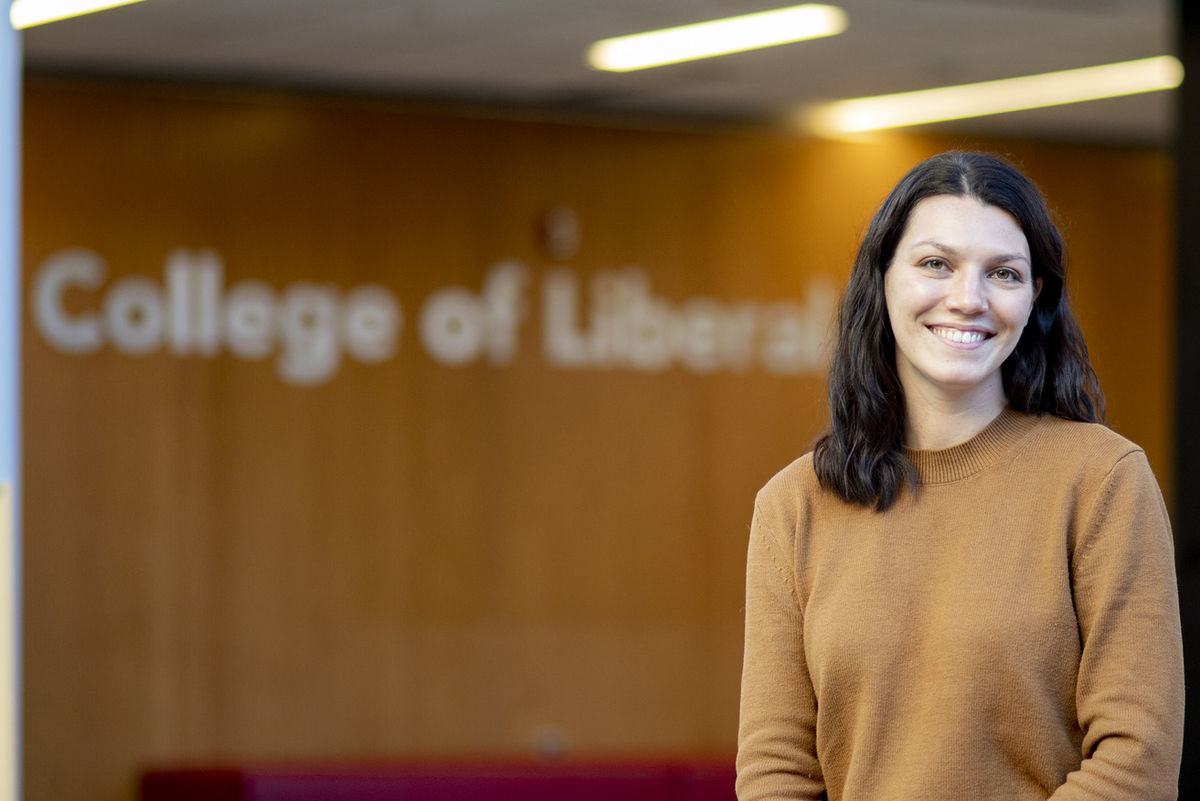 A PhD student at the College of Liberal Arts, Megan Quarmley is currently studying the way that adolescents’ brains respond to bullying and aggressive behavior. (Photo by Ryan S. Brandenberg)
A PhD student at the College of Liberal Arts, Megan Quarmley is currently studying the way that adolescents’ brains respond to bullying and aggressive behavior. (Photo by Ryan S. Brandenberg)
The final Temple recipient of an F31 grant is Megan Quarmley, CLA ’19, a PhD student in clinical psychology at the College of Liberal Arts and one of two current students awarded the NIH F31 fellowship in the social developmental neuroscience laboratory run by her advisor, Assistant Professor of Psychology Johanna Jarcho.
Quarmley is currently studying the way that adolescents’ brains respond to bullying and aggressive behavior—with a particular interest in how brain areas associated with threat reactivity and cognitive control influence their social behavior.
She plans to conduct her research by working with 50 adolescents who will complete a social rejection and aggression task while in an fMRI scanner, which measures and maps the brain’s activity.
“Long term, I would like to develop novel interventions to prevent social rejection-elicited aggression. Learning more about the neural mechanisms underlying this relation can help us to do this,” stated Quarmley.
Jarcho has helped motivate her throughout this process by teaching her how to think like a principal investigator. “Rather than simply making decisions because they feel right, she encourages me to take the time to explore why I’m making each decision and to get at the heart of what I really want to measure,” Quarmley explained.
Her biggest milestone so far has been working with Stephen Leff at Children’s Hospital of Philadelphia, who is an expert in treating bullying and aggression in schools—as well as with James Blair, the director of the Center for Neurobehavioral Research at Boys Town National Research Hospital in Nebraska—who is an expert in the neural mechanisms underlying aggression.
“Building relationships and collaborations to enhance my training has been really wonderful—this has been an invaluable experience to broaden my training and exposure to this area,” Quarmley said.
The students are slated to wrap up their fellowships within the next three years and plan to use their research experience here at Temple to help the community as they move forward in their careers.
—Christine Nolthenius
